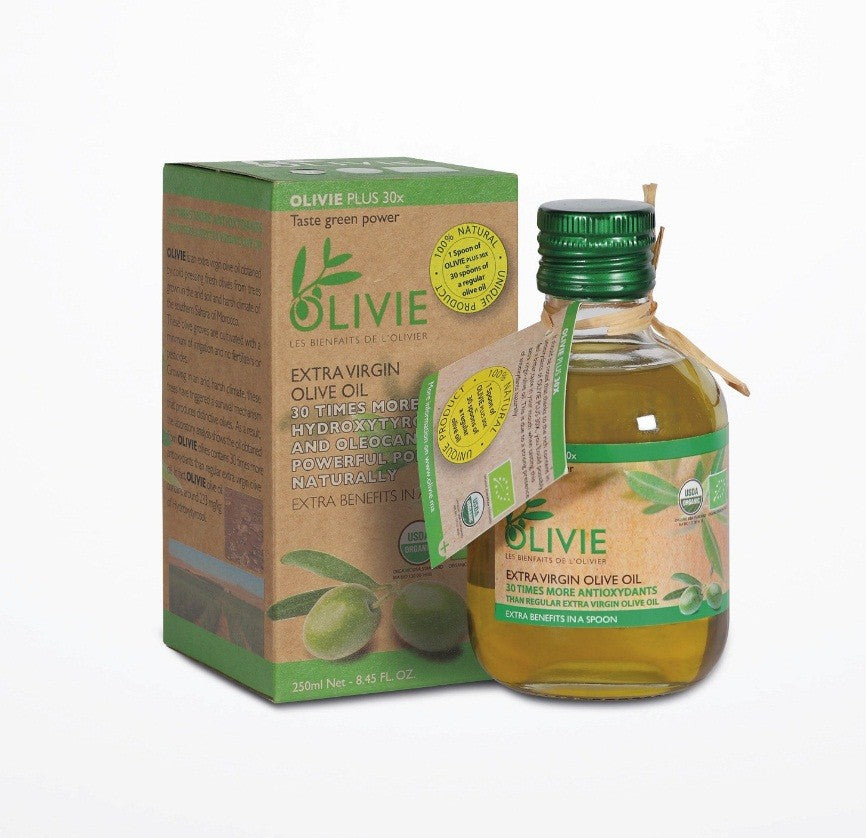
Olive oil and cancer
Olive oil and cancer
Cancer is a leading cause of death in many countries and its incidence is growing.
The links between diet and the development of a large number of malignant tumors are now recognized. One of the most important risks in the formation of cancer is the oxidative state of the cell: the greater the susceptibility of the cell to oxidation, the greater the risk of cancer.
The cancers most directly related to the diet are cancers of the colon, rectum, prostate and breast.
Research has recently found that the type of fat consumed seems to have a greater influence on the appearance of cancer than the amount of fat consumed.
What is cancer?
A tumor is a piece of tissue that progresses out of bounds and out of control with the rest of the tissue. Tumors can be benign and malignant or carcinogenic.
In the case of benign tumors, the cells do not move out of their home of origin; they form a localized cellular mass which, when it grows, encapsulates itself and is very rarely fatal.
Malignant or cancerous tumors, on the other hand, cause local invasion of the tissue in which they develop, frequently through the blood or lymphatic vascular pathways, forming secondary tumors on surrounding tissues and developing distant colonies or metastases. The rate of growth and development of metastases varies according to the type of tumor.
The origin of the tumor process may involve environmental agents (physical - radiation - and chemical - certain food compounds -) or genetic agents, the former being generally the most important in most types of cancer.
Olive oil and cancer
Epidemiological studies have shown that olive oil has a protective effect against certain malignant tumors (breast, prostate, endometrium, digestive tract, etc.).
We now know that olive oil can reduce the risk of breast cancer. This effect has been shown in various research studies. The adoption of a healthy diet, the main source of fat is olive oil, would significantly reduce the incidence of this tumor, because the cell mutation that is the cause of cancer is due in part of toxic substances (toxins) consumed that attack the DNA. The passage of these toxins in the liver produces free radicals which then attack the DNA. To fight these radicals, the body needs vitamins and antioxidants, such as those contained in olive oil.
In the same way, the relation between the follow-up of a diet rich in olive oil and the reduction of the risks of cancer of the intestine could be verified. The protective effect of olive oil remains, regardless of the amount of fruits and vegetables present in the diet.
The protective effect of olive oil against colon cancer has been demonstrated recently. The metabolic impact of fat has been the subject of much research in recent years, particularly the role of olive oil in chronic liver disease and intestinal Crohn's disease. This research has highlighted the positive effects of olive oil on precancerous lesions. After analyzing the effect of three types of diets, different conclusions were drawn: the diet rich in olive oil significantly reduced the number of initial lesions of carcinogenesis; tumors, fewer in number, were also less aggressive and the prognosis was better.
This positive effect could be related to the action of oleic acid, the major monounsaturated fatty acid in olive oil. It has indeed been verified that oleic acid makes it possible to reduce the production of prostaglandins derived from arachidonic acid, which plays an important role in the appearance and development of tumors.
However, it is not excluded that other compounds of olive oil, such as antioxidants, flavonoids, polyphenols and squalene, also have a positive effect. It is now known that squalene has a favorable effect on the skin and that it reduces the incidence of melanomas.
In addition, olive oil, thanks to its palatability, facilitates the consumption of green vegetables and pulses whose positive effects in the prevention of cancer have been amply demonstrated.
The protective effect of olive oil on childhood leukemia and various types of cancer, including esophageal squamous cell cancer, is being studied. The results obtained so far are very promising.
While it is true that further research is needed to demonstrate the role of olive oil on cancer and that there is still no concrete data on the mechanisms of action responsible for the role of cancer. olive oil in the prevention of certain types of cancer or in the inhibition of their growth, we know, according to the information currently available, that the role of olive oil could be simultaneously in the various stages of the cancer formation process.
Our 100% organic product line on www.olivie.ma
Source: International Olive Council (C.O.I)


